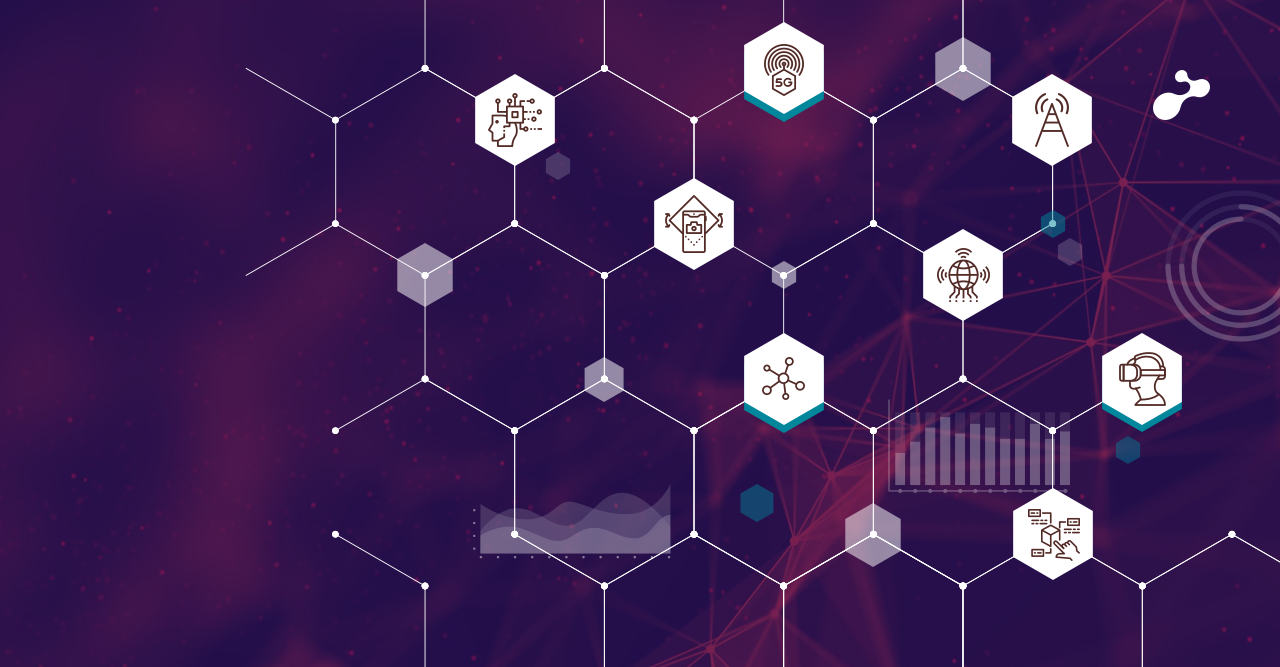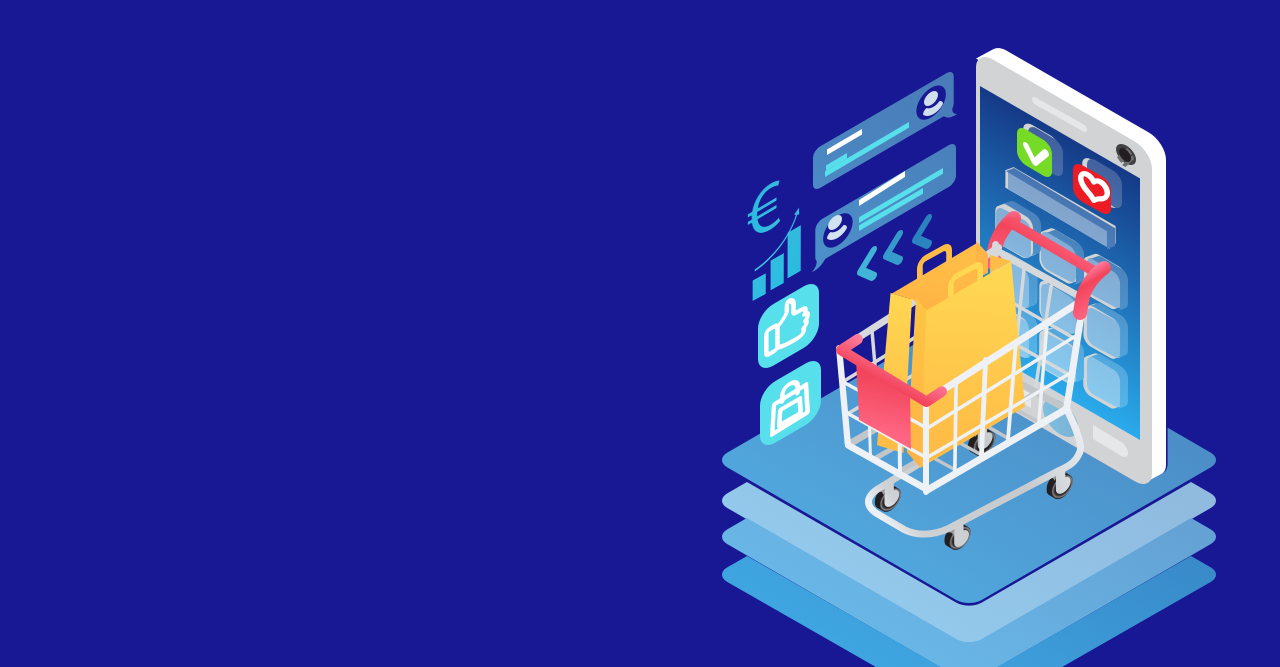
There has been a major transformation in the Indian IT ecosystem, the adoption of cloud computing. Cloud computing offers a lot of business benefits like allowing to setup a virtual office including security, scalability and competitiveness. Cloud in India is experiencing a higher adoption rate thanks to internet reach, high speed connectivity, tremendous use of digital devices and digital transformation.
Owing to growth of adoption in cloud technology, India the land of opportunities has embraced on how cloud can contribute in growth of by providing a platform to scale entrepreneurship, education, healthcare, manufacturing and financial services of the respective areas.
Not only the enterprises, but the Indian Government is moreover strategizing to implement the cloud technology across India. “Digital India” initiative is one of the finest example to showcase the cloud adoptions thoroughly in Indian economy. Indian government is also amplifying the concept e-governance through cloud computing by reducing the corruption and making the government services accessible to the people on the ground-level.
Though the Indian business enterprises and government are moving towards cloud technologies, there are lot of challenges faced by them with respect to the recurring cost of the applications in maintaining them, modernizing them as per the current market standards, data vulnerability, privacy and security.
On the contrary considering the complexity and competitive advantage everyone around the business world is taking up cloud technologies as their model to elate, innovate, generate value in order to provide a good customer support and produce a greater ROI. Cloud computing is considered to be a unique platform for developing and harnessing cost-effective solutions effecting technologies, business environments and individuals.
Cloud can lead to substantial revolution in the way IT services are provisioned and used. It is beneficial from the commercial as well as the technical fronts. It offers flexibility and ease of implementation which is an important prospective for startups to large enterprises. Strategic applications like storage, back- disaster recovery, collaboration, supply chain, ERPs, CRMs and even business critical functions taking steps towards cloud due to enormous benefits offered by the cloud.
As a result of the accelerated cloud adoption, there has been a huge demands for the IT services. The government as well as businesses are also uniquely positioned to gain from this technology in return. India has become one of the major hub for delivering the cloud solutions. On account of this, lot of datacenters have been established in India and the C-suite executives are moving their workloads to the clouds. Saas, laaS, PaaS, public clouds, private clouds, and hybrid clouds anything which were once sold or available as licensed products are now available as services.
No matter how rapidly the cloud adoption is accelerating in India, cloud security will be a major concern for the CIOs. The shared nature of the cloud invites the possibility of security breaches which can erase any gains made by the switch to the cloud technology. The rescue to the situation solely depends upon the type of partner providing cloud services and appropriate cloud strategy which I will cover in my next blog.
The cloud bespeaks to revolutionize not only the government but also the business as a whole. Additionally, cloud offers tremendous opportunities to fast track the healthcare and education system in India. However, a proper strategy is required to ensure the maximum benefits by minimizing the risks.








